Today, we delve into the realm of mobile application creation and development software, for in our contemporary world, their absence would render it unrecognizable. A mobile application, by its very nature, constitutes software meticulously designed for utilization on mobile devices. Contemporary tools dedicated to mobile app development bestow upon developers the ability to execute a multitude of tasks, thus opening a vast array of online prospects across diverse facets of existence. Without a doubt, these tools significantly alleviate the burdens of developers, rendering the development process more expeditious and productive. Who should peruse this discourse, you inquire? Aspiring mobile app creators and those intrigued by the instruments of development.
- Eight essential steps before starting mobile app development, including prototyping and security.
- List of popular mobile app development tools for 2023, including React Native, Xamarin, and Adobe PhoneGap.
The future of mobile is the future of online. It is how people access online content now.
Phil Nickinson, Editor of Android Central
8 Steps You Must Take Before Starting Mobile App Development
The process of crafting mobile applications is far from facile; it represents a complex and weighty endeavor replete with intricacies. It warrants mentioning that the triumphant realization of a project hinges not solely upon advanced technologies and the tools at one’s disposal but also upon meticulous groundwork and methodical planning. Prior to embarking on the coding of a prospective mobile application, developers ought to undertake several pivotal steps:
- Definition of goals and audience: Primarily, one must discern the primary objective of the app and ascertain the intended audience. Gaining a profound understanding of one’s target demographic serves as a compass for determining the indispensable features and design elements of the app. Furthermore, an exact estimation of the project’s total cost and a comprehensive description of how the application resolves a customer’s quandary is requisite. These factors can greatly influence the selection of mobile app development tools.
- Market Research for free: A thorough survey of the market is imperative, as it unveils existing mobile applications within the same niche and provides insights into the tools deployed during their development. Scrutinizing competitors is instrumental in unveiling their strengths and vulnerabilities, thereby illuminating the unique selling proposition of one’s own app.
- Limitations and functional requirements: Delineate the extent and functionalities of the mobile application based on the chosen mobile app development software. Diligently ponder which functions will be incorporated into the initial version of the app, intricately craft the support infrastructure, and anticipate future expansions, all while taking into consideration the nuances of operation across Android and iOS platforms.
- Platform Selection: Decide whether the application shall be compatible with Android, iOS, or both, with the decision influenced by the target demographic and financial considerations.
- Prototyping Construction: Before embarking on the comprehensive development of the app’s functionality, fabricate a prototype utilizing requisite mobile app development tools to evaluate concepts and solicit user feedback.
- Ensure Security: The sanctity of user data and app security must not be overlooked. Opt for the appropriate mobile app development tool to ensure confidentiality and protection. Formulate a strategy for safeguarding information and ensure compliance with legal requirements governing data usage.
- Rigorous Testing: Scrutinize the app extensively prior to its release, employing proven mobile app development tools. This approach obviates negative user experiences and guarantees the app’s high-quality and steadfast performance.
- Pay attention to Marketing and Advertising: Allocate time to create a robust marketing strategy and promotional materials for your mobile application. At this juncture, it is prudent to engage a specialist to devise a comprehensive plan for marketing and user acquisition post-launch. The utilization of advanced mobile app development software alone may not suffice; the onus is on attracting users to select and download your application from a multitude of alternatives.
Looking for mobile developers for your app?
Contact UsList of Most Popular Mobile App Development Tools in 2023
1. React Native
When contemplating a mobile app development tool, the first that springs to mind is React Native. An open framework from Facebook, it beckons developers from every corner of the globe. It permits the creation of mobile apps for diverse operating systems through the employment of JavaScript and React. React Native bestows the ability to craft code once, thereby facilitating adaptation across all platforms and substantially augmenting development speed and efficiency.
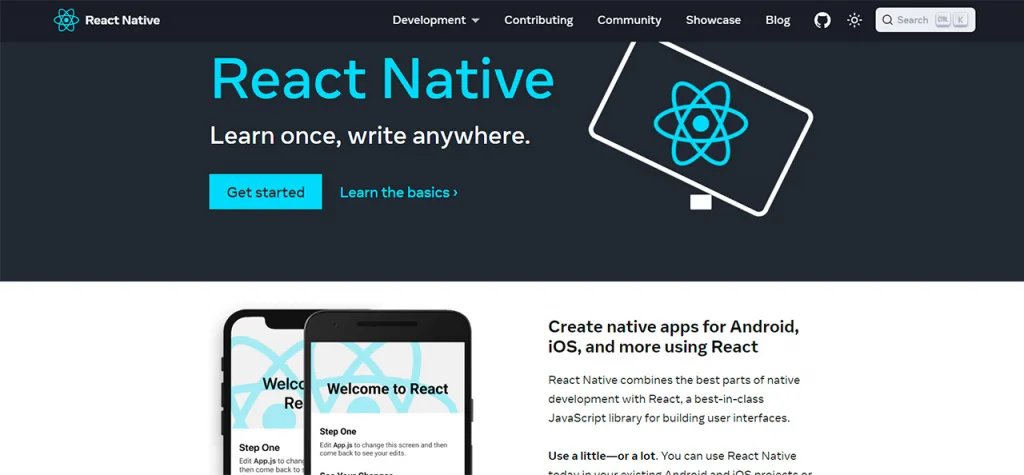
2. Xamarin
Xamarin, owned by Microsoft, represents another convenient mobile app development tool, enabling the composition of Android, iOS, and Windows mobile applications employing the C# programming language. This platform facilitates code sharing across platforms, rendering development more economical and streamlined.
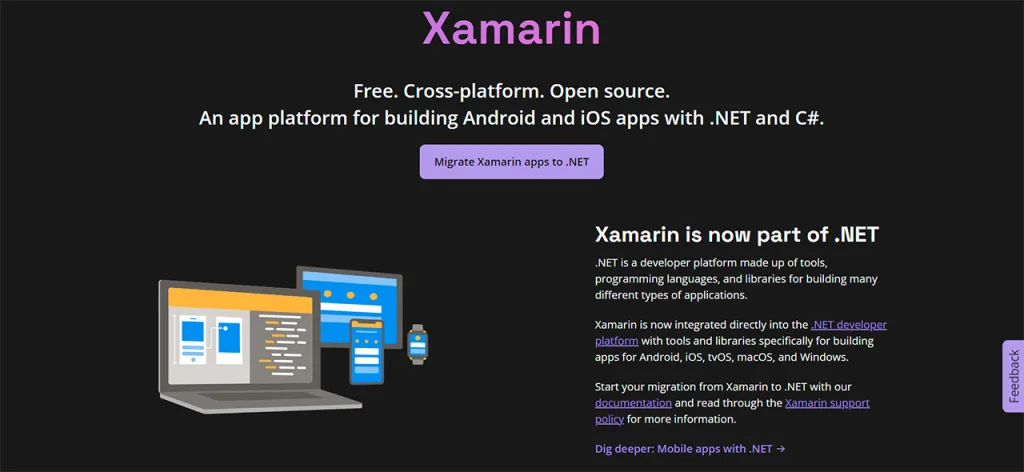
3. Corona Labs
A distinguishing feature of the Corona Labs framework is its utilization of the Lua programming language, allowing the creation of mobile applications for Android and iOS, along with the Amazon Kindle and Windows Phone platforms. This attribute renders Corona Labs, an exceedingly versatile mobile applications development tool for developers. Additionally, this framework is noted for its swift development pace and extensive support for a myriad of plugins.
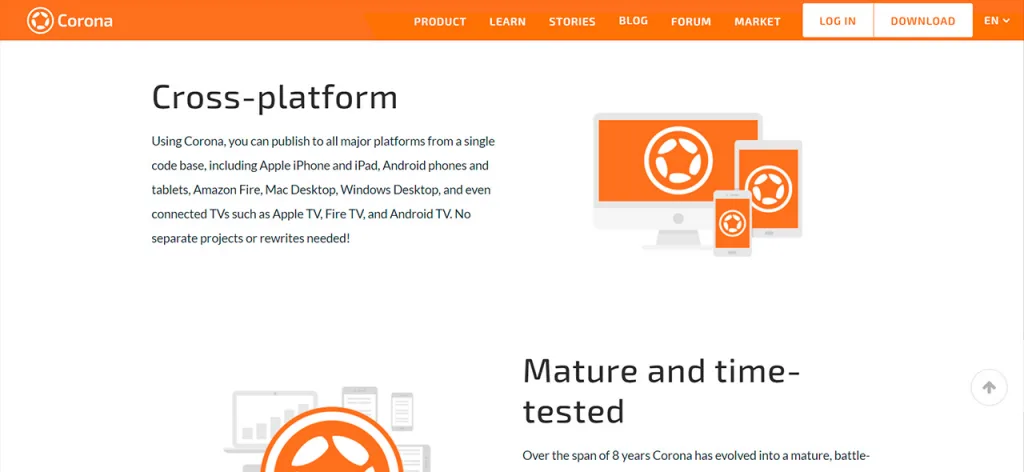
4. Xcode
Xcode, an innovative mobile app development software, is dedicated to iOS and macOS mobile app creation, and it is masterminded by Apple. Developers are empowered to craft applications using either the Swift or Objective-C programming languages.
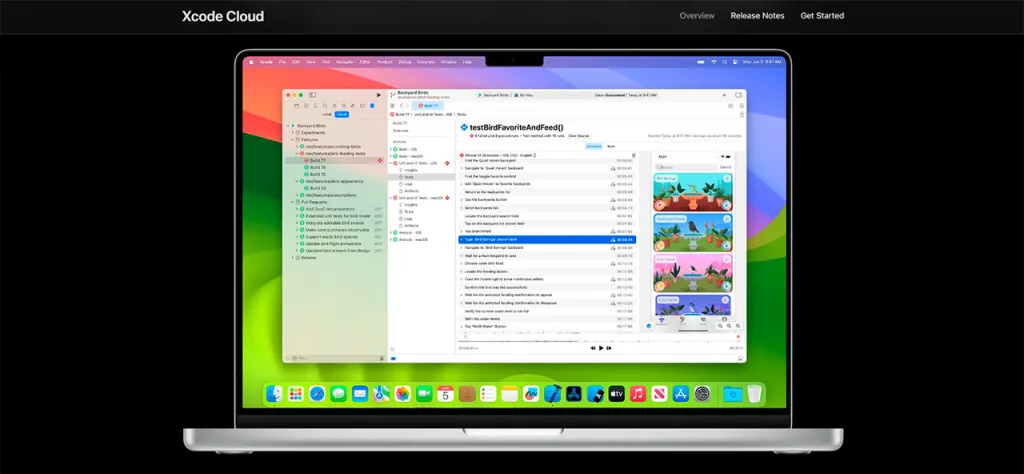
5. Adobe PhoneGap
Last but not least, we encounter Adobe PhoneGap, a framework that bestows remarkable opportunities upon developers. It leverages web technologies such as HTML, CSS, and JavaScript. This versatile mobile app development tool enables the creation of apps across Android, iOS, Windows, and other platforms, all while utilizing a single codebase.
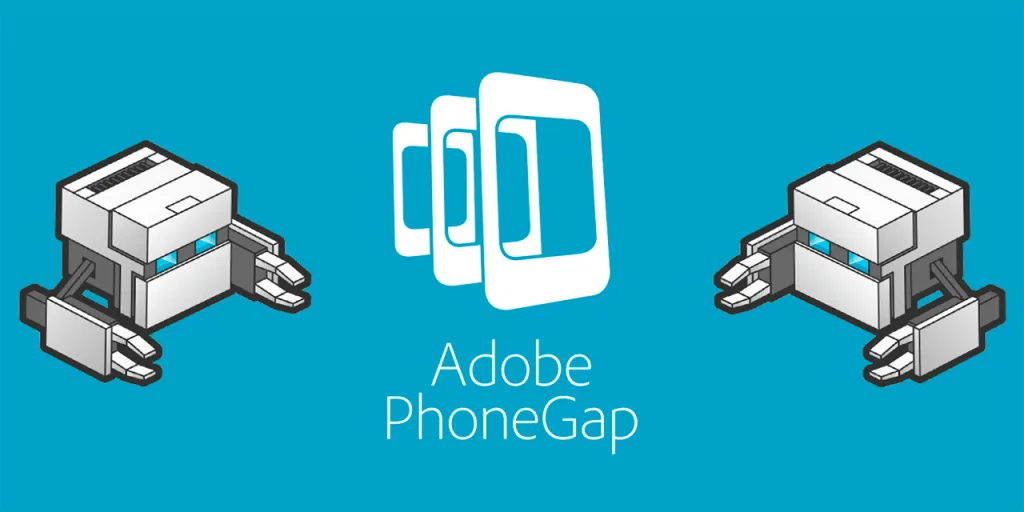
Conclusion
Ficus Technologies harnesses cutting-edge mobile app development software to fashion exceptional apps. By integrating avant-garde tools, streamlining workflows, and infusing innovative design, Ficus meticulously crafts user-centric experiences. Proficiency in coding, UI/UX design, and optimization yields outstanding apps that seamlessly merge functionality with aesthetics, elevating user engagement and satisfaction to unparalleled heights.
React Native, an open framework by Facebook, facilitates cross-platform mobile app development by allowing developers to use JavaScript and React to create code once. This code can be adapted across various operating systems, including Android and iOS. React Native streamlines development, significantly improving speed and efficiency. The ability to share code across platforms makes React Native an efficient choice for developers, reducing the need for separate codebases and enhancing the overall development process.
Mobile app development is a subset of software development, focusing specifically on creating applications for mobile devices. While both involve the process of designing, coding, testing, and deploying software, mobile app development is unique in addressing the constraints and opportunities presented by mobile platforms. Software development encompasses a broader range of desktop and web applications. The distinction lies in the targeted devices and considerations such as screen size, touch interfaces, and platform-specific requirements that make mobile app development a specialized field within the broader scope of software development.
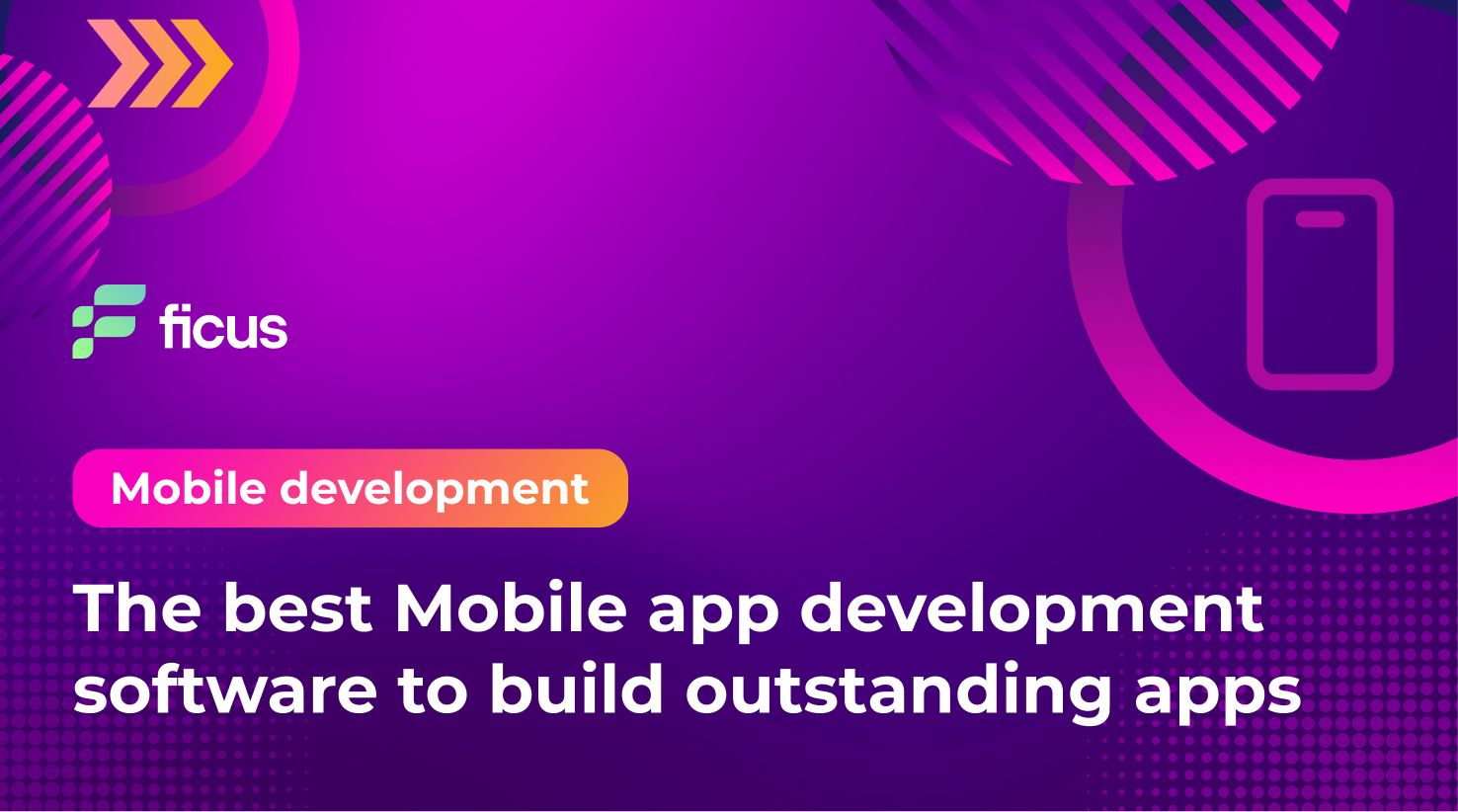








This article thoroughly analyzes mobile app development, covering essential steps and popular development tools for 2023. It’s a valuable resource for aspiring app developers, offering insights into the preparation and planning required before diving into development. The mention of Ficus Technologies as a developer using advanced tools adds credibility.
Anyone contemplating developing a mobile application should read this article. It breaks down the process into manageable steps and lists powerful development tools. Ficus Technologies’ commitment to leveraging these tools for exceptional app development adds credibility to the article’s advice. A valuable resource for aspiring developers.